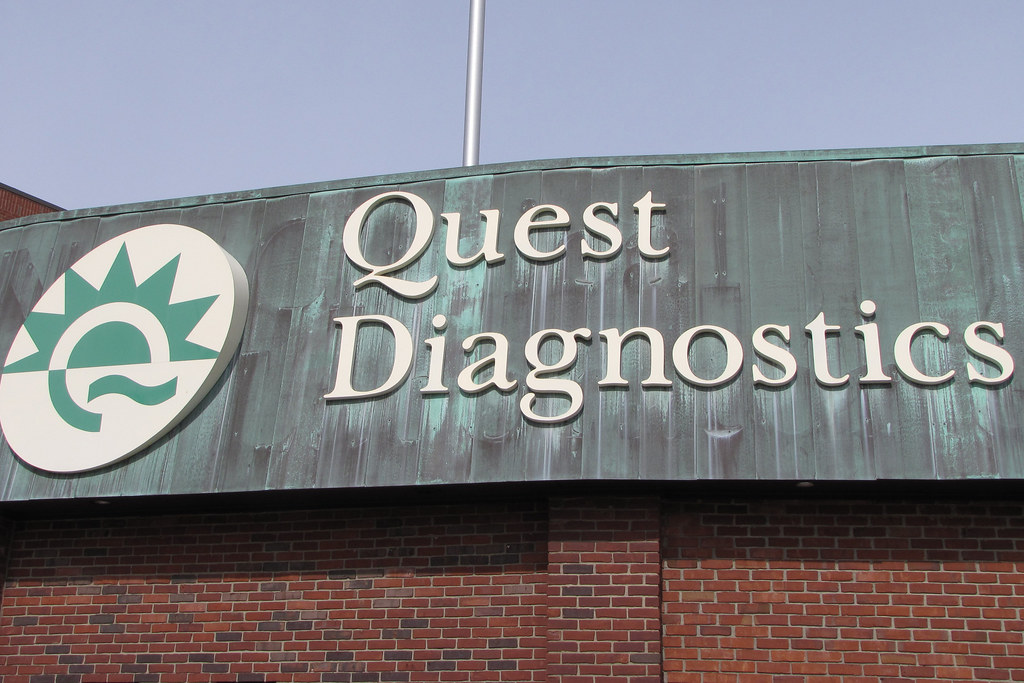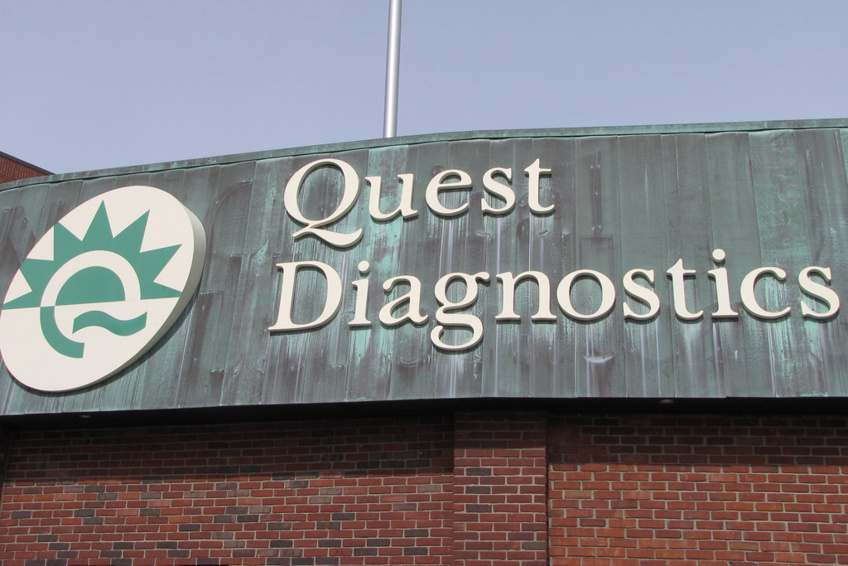Over 1,100 Community Health Centers, also known as Federally Qualified Health Centers (FQHC), currently offer cost-effective, all-inclusive care to more than 30 million individuals across the United States. Since their inception in 1965, these centers have been instrumental in enhancing healthcare accessibility by overcoming obstacles such as cost, insurance, distance, and language.
The COVID-19 pandemic posed new hurdles for FQHCs. The American Rescue Plan Act of 2021, a component of President Biden’s “Build Back Better” initiative, designated $7.6 billion to these centers to combat COVID-19 through initiatives in testing, vaccination, workforce development, and infrastructure enhancement. As we move past the peak of the pandemic, those involved with these centers are contemplating the most effective strategies to meet the current healthcare demands of underserved communities.
Quest Diagnostics, a global leader in diagnostic information services, has a rich history of collaboration with FQHCs to address changing community needs. To gain critical insights to better serve FQHCs and their patients, Quest conducted a survey of FQHC leaders nationwide. The survey covered a range of topics, from changes in care type usage and current challenges faced by health centers, to the state of health center engagement and essential capabilities when selecting partners.
The subsequent report offers valuable insights directly from those working at FQHCs to deliver care. Key findings include:
The COVID-19 pandemic posed new hurdles for FQHCs. The American Rescue Plan Act of 2021, a component of President Biden’s “Build Back Better” initiative, designated $7.6 billion to these centers to combat COVID-19 through initiatives in testing, vaccination, workforce development, and infrastructure enhancement. As we move past the peak of the pandemic, those involved with these centers are contemplating the most effective strategies to meet the current healthcare demands of underserved communities.
Quest Diagnostics, a global leader in diagnostic information services, has a rich history of collaboration with FQHCs to address changing community needs. To gain critical insights to better serve FQHCs and their patients, Quest conducted a survey of FQHC leaders nationwide. The survey covered a range of topics, from changes in care type usage and current challenges faced by health centers, to the state of health center engagement and essential capabilities when selecting partners.
The subsequent report offers valuable insights directly from those working at FQHCs to deliver care. Key findings include:
- A significant portion (52%) of FQHCs identify staffing issues as their biggest current challenge, with a majority (63%) indicating that resolving these issues is their primary focus.
- The growing need for nontraditional care services is compelling health centers to substantially broaden alternative care delivery: 81% of respondents noted a significant increase in the use of behavioral health services compared to pre-pandemic levels. There was also a notable increase in demand for food bank programs (72%), social services such as housing, education, employment, language translation, and childcare (67%), and care coordination (60%).
- Operational and financial issues continue to be a challenge for FQHCs, with half (50%) of all respondents identifying this as a significant concern.
These findings underscore the commitment of FQHCs to the welfare of those who face substantial barriers to care. To address the unmet needs of these communities, FQHCs can collaborate with partners like Quest to develop strategies that make quality care more accessible while managing costs and tackling key issues such as staffing.
By collaborating to eliminate affordability barriers for medically underserved populations, Quest will utilize these findings to assist the health centers it serves in delivering comprehensive care that encompasses education, prevention, disease management, and much more.
By collaborating to eliminate affordability barriers for medically underserved populations, Quest will utilize these findings to assist the health centers it serves in delivering comprehensive care that encompasses education, prevention, disease management, and much more.


 Addressing Healthcare Challenges: Insights from FQHCs and Quest Diagnostics Collaboration
Addressing Healthcare Challenges: Insights from FQHCs and Quest Diagnostics Collaboration





 Companies
Companies